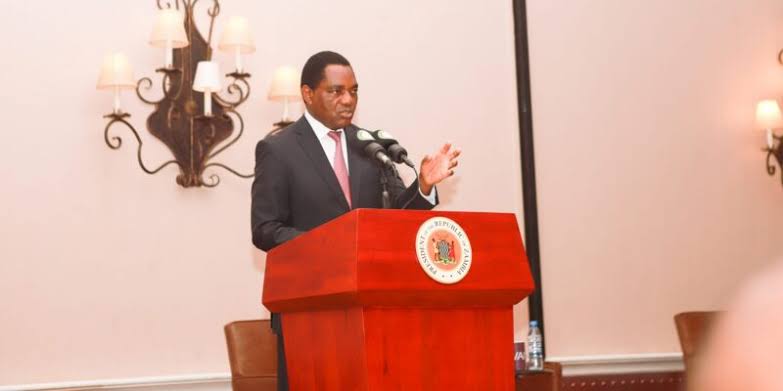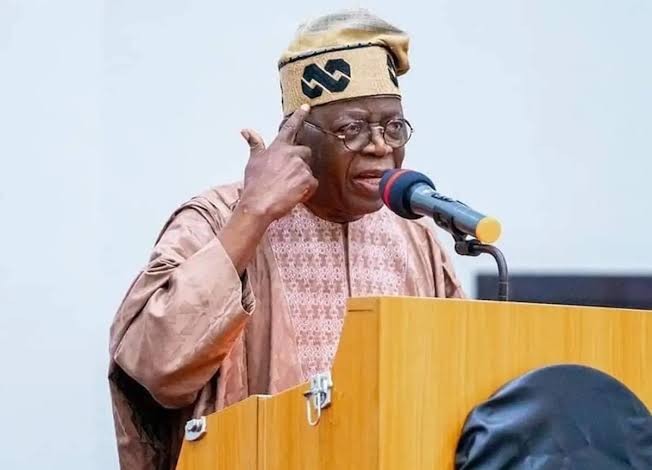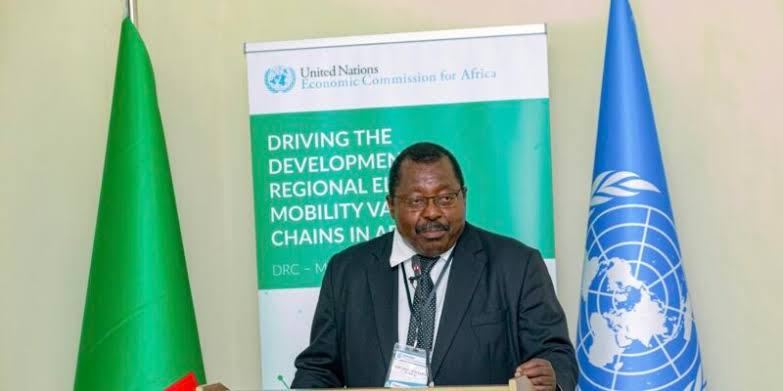The Zambian government has announced waivers on all taxes, except Value Added Tax (VAT), on Electric Vehicles (EVs), in a bid to encourage their adoption and boost the country’s green economy.
Commerce, Trade, and Industry Minister, Chipoka Mulenga, who made the announcement, added that VAT was also waived for locally manufactured EVs, which is another policy shift aimed to promote sustainable industrialization.
Mulenga who disclosed this during a “High-Level Policy Dialogue on Automotive and E-Mobility Regional Value Chains”, held at Intercontinental Hotel, Lusaka, stated that the measures will be a collaboration with civil society groups like the Zambian Electric Mobility Innovation Alliance (ZEMIA) and the private sector.
Represented by the Permanent Secretary in the Ministry, Crusivia Hichikumba, the Minister said the government has also pledged to ensure that at least 50 percent of its fleet comprises electric vehicles.
“We are eager to collaborate with other nations, including Botswana, DRC, Malawi, Morocco, Namibia, Lesotho, Zimbabwe, and others, to actualise Africa’s potential as a powerhouse for value addition through e-mobility solutions,” Mulenga stated.
He highlighted Zambia’s rich endowment of critical minerals including copper, lithium, cobalt, manganese, and nickel, which are essential for EV battery production.
While speaking at the event,
UNECA’s Subregional Office for Southern Africa Director, Eunice Kamwendo, represented by Chief of Inclusive Industrialization, Olayinka Bandele, emphasized the alignment of Africa’s industrialization agenda with the global energy transition.
Kamwendo lauded UNECA’s initiatives, including regional EV value chains between the DRC, Morocco, and Zambia, and a special economic zone for BEVs in partnership with African Export-Import Bank (Afrieximbank).
“These initiatives aim to position Africa as a key player in the global automotive and electric battery industry,” Kamwendo noted, adding that collaborative efforts under AfCFTA could significantly boost intra-African trade in automotive components.
UNECA Director Adam Elhiraika echoed these sentiments, underscoring the need for policy harmonization, regional financing, and innovation to enhance Africa’s competitiveness in the global e-mobility sector.

 Tech2 days ago
Tech2 days ago
 Sports2 days ago
Sports2 days ago
 Metro1 day ago
Metro1 day ago
 Musings From Abroad2 days ago
Musings From Abroad2 days ago




























